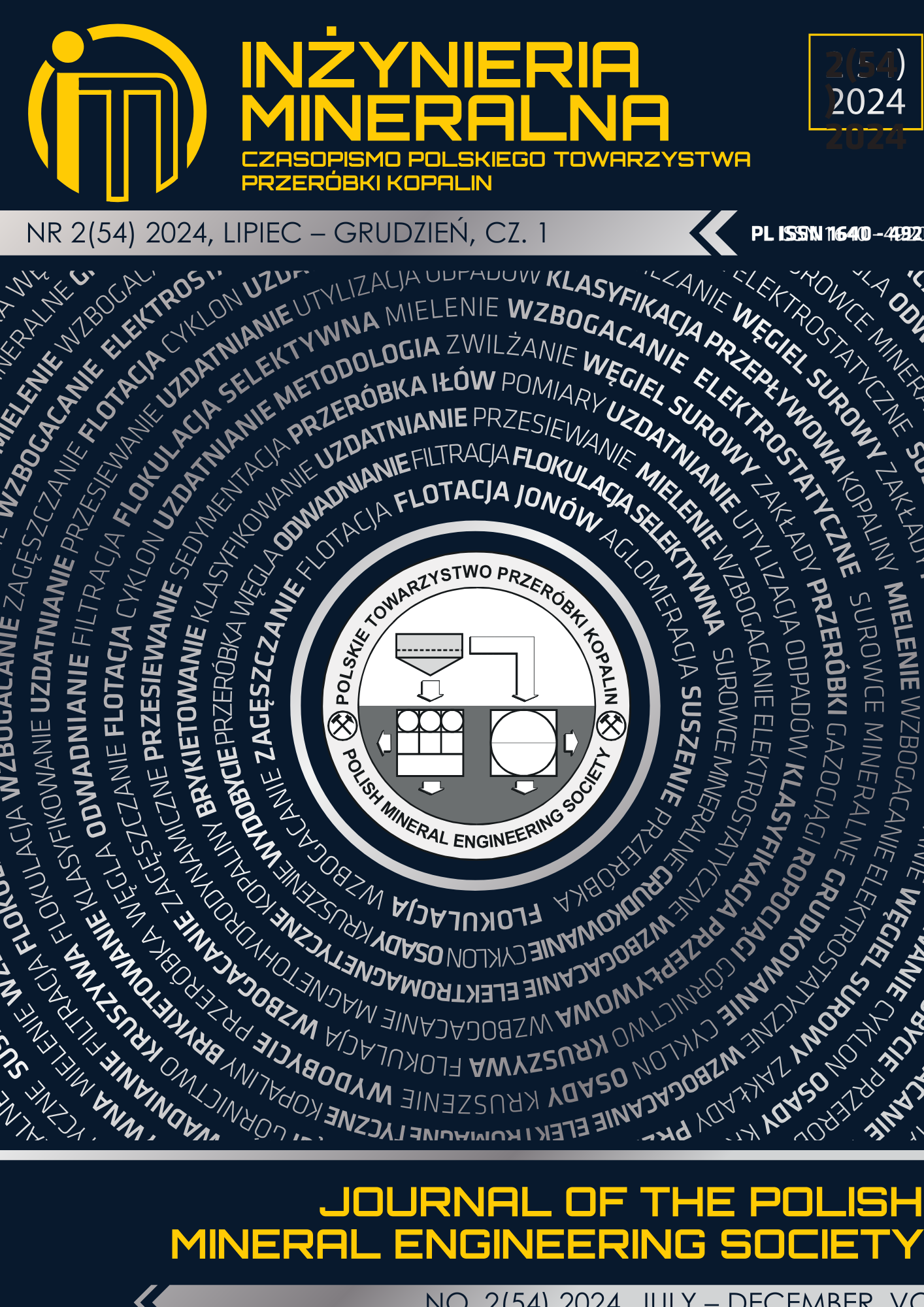Assessing the Resiliency Principles of Prishtina, Kosovo
Keywords:
resilience, Prishtina, urban planning, urban transformation, developing country
Abstract
Prishtina is the capital city of Kosovo, which is an eastern European post-conflict developing country, struggling with radical changes regarding urban planning, society, and the political system. Urban planning in combination with local politics that lack visionary urban strategies failed in Prishtina’s planning to direct the urban development and transformation of the past two decades toward resilient urban development. To confirm this hypothesis, Prishtina is studied using the city resilience framework developed by the Rockefeller Foundation and ARUP, consisting of four dimensions, twelve categories, and seven qualities, which serves as a tool to assess up-to-date developments of Prishtina in terms of resilient development. The results reveal extensive insufficiencies in terms of resilience, in the urban development, societal, environmental, and political aspects. However, there have been some positive aspects in terms of city's economy and technology developments. The findings presented in this paper can be used as a platform of information for the city administration and urban planners, based on which they can make informed decisions and develop future strategies and action plans to align with resilient urban planning goals.
Published
2024-12-21
How to Cite
Tahiri Nela, A., & Ažman Momirski, L. (2024). Assessing the Resiliency Principles of Prishtina, Kosovo. Test, 2(2). https://doi.org/http://doi.org/10.29227/IM-2024-02-49
Section
ARTICLES
This journal permits and encourages authors to post items submitted to the journal on personal websites or institutional repositories both prior to and after publication, while providing bibliographic details that credit, if applicable, its publication in this journal.







.png)
